Search Results for Tag: Warming
Titanic, Icebergs and a Warming Arctic
There’s a lot of media hype surrounding the 100th anniversary of the loss of the Titanic on April 15th 2012. It started so early, I was beginning to get tired of it – until I came across an article in the Vancouver Sun focussing on the fact that icebergs are still a danger in our high-tech age and that danger could increase rather than decrease as you might think at first, as the Arctic ice melts.
![]() read more
read more
Evidence indicates link between weather extremes and global warming
Some ice blog readers have asked about the evidence that climate change is responsible for the increase in extreme weather events as discussed in the last post. This is something which is discussed a lot both by scientists and the general public. After all, it’s hard to find a more talked-about subject than the weather. Just this weekend, the Potsdam Institute for Climate Impact Research has just published a study in the journal Nature Climate Change on this very topic. The scientists say the last decade was a record in terms of extreme weather and that the increase was “very likely” caused by human-made global warming. They say there is now strong evidence for linking heatwaves and extreme rainfall to the human influence on climate. The evidence is less conclusive for other types of extreme weather like storms, but the scientists say observed trends and basic physics suggest it is plausible to expect an increase there too.
The study looks at extreme weather across the globe, including record rainfall events in Japan, record drought in the Chinese Yangtse basin, the hottest ever summer in western Russia (2010) and numerous extreme weather events in the USA.
The study is based on physics, analysis of statistics and computer simulations. The scientists say basic physics make it likely that a warming of the atmosphere will lead to more extremes. For instance warm air can hold more moisture until it suddenly falls as heavy rain. The statistics show clear trends in temperature and precipitation data. Last but not least, complex computer models confirm the link between warming and record temperatures and rainfall. Now that’s a fair bit of evidence to be going on with, don’t you think?
OECD warns of rising sea levels and water shortages by 2050
There seems to be no shortage of warnings that we need drastic emissions cuts soon to halt climate change. This week the Organisation for Economic Cooperation and Development (OECD) brought out its Environmental Outlook to 2050. It confirms that if emissions keep rising as they forecast, the rise in the global temperature will be way above the two degrees target. This would spell disaster for a lot of low-lying coastal areas around the globe.
The trouble is people could get so used to hearing the warnings that they just switch off, especially if you’re living in an area where you don’t sense any immediate threat. But if you live in one of the Pacific island states like Kiribati, which has been in the news recently with its government considering moving the population to Fiji, this is already an existential problem. The highest point on these islands is just three metres above sea level.(See Climate Change and Kiribati).
The report also warns of acute water shortages in many regions of the world.
The prospects for the not-too-distant future are anything but confidence-inspiring, unless we make some drastic changes to our lifestyle and consumption – fast.
Greenland ice to melt completely with just 1.6° warming?
A new study by the Potsdam Institute for Climate Impact Research and the Universidad Complutense de Madrid indicates that Greenland’s ice sheet could be much more vulnerable to climate change than previously thought. It estimates the trigger for a complete melting of the ice sheet at somewhere between 0.8 and 3.2°C of global warming, with the most likely figure at 1.6°C. above temperatures before industrialisation. A O.8°C rise has already been registered. In the long term, a huge melting of land ice could result in major rises in sea level, which would threaten coastal and low-lying areas and the lives of millions of people. More on the DW environment website.
Polar protection measures put on ice
The International Maritime Organisation (IMO) has postponed until 2013 the development of environment protection guidelines to regulate shipping in polar waters. Environment groups have repeatedly expressed concern about the grave risks posed by increased shipping to the fragile ecosystems in the Arctic.
![]() read more
read more



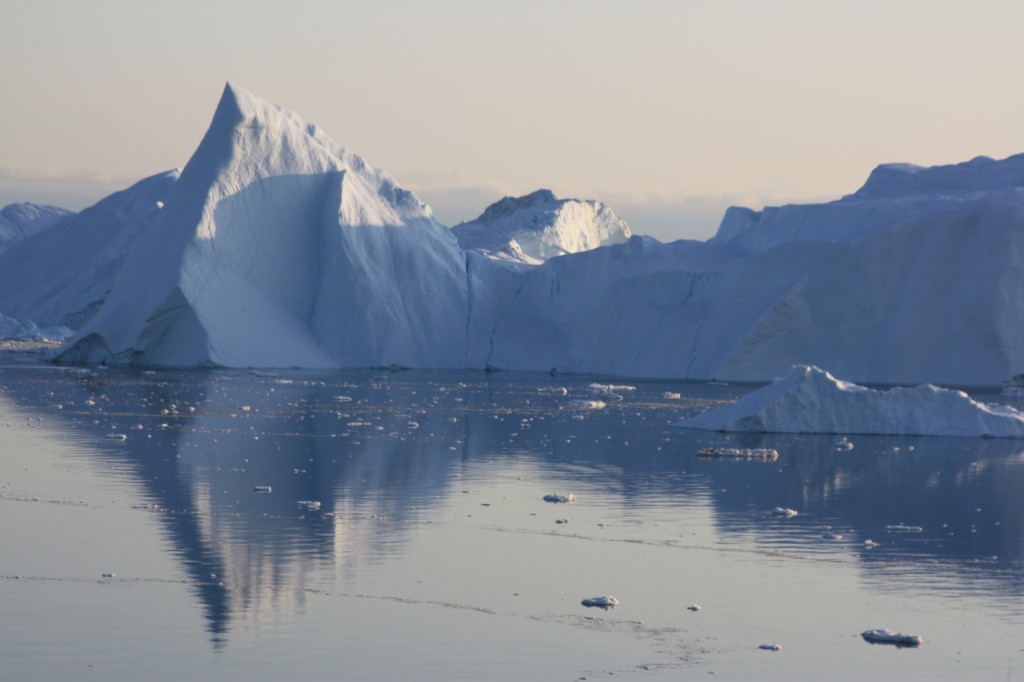

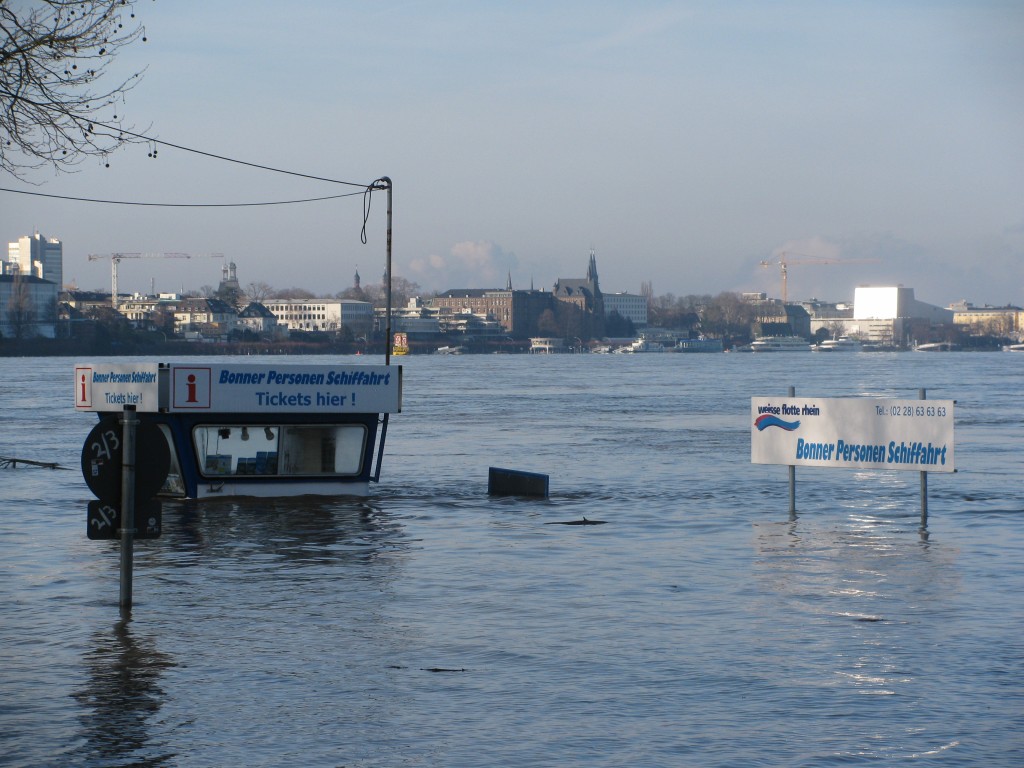
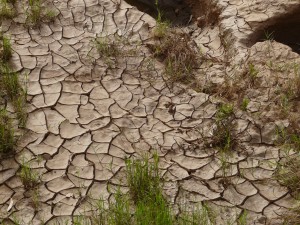
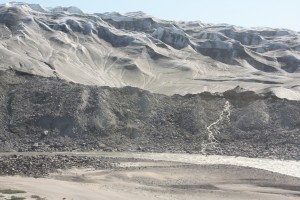
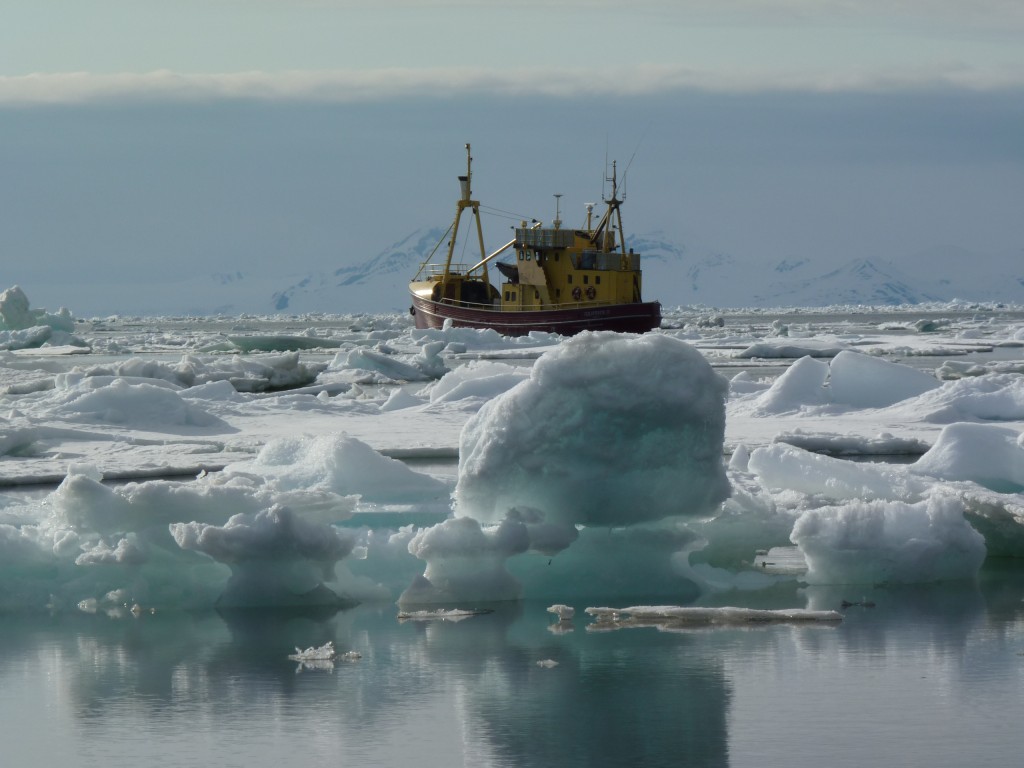
















Feedback